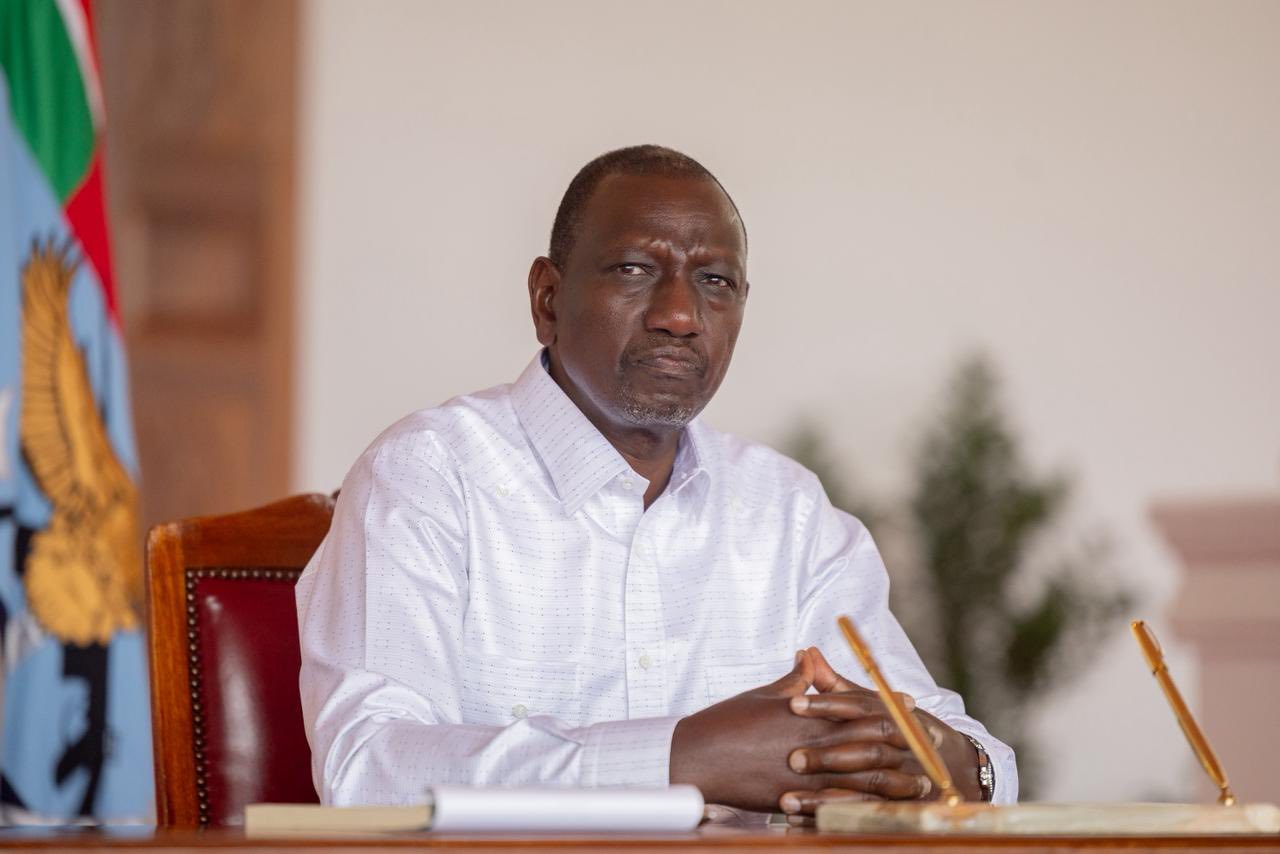
President William Ruto’s push to establish a Sh1.5 trillion national infrastructure fund towards constructing 10,000 kilometres of new roads has run into headwinds with the united opposition and MPs questioning its sincerity.
Mr Justin Muturi, the immediate former Public Service Cabinet Secretary in President Ruto’s regime, and MPs Makali Mulu (Kitui Central) and Mr Anthony Kibagendi (Kitutu Chache South) have faulted the proposal saying it “illustrates the tragic irony of our times – a government that loots with one hand and begs with the other”.
“Kenyans are already overtaxed, overburdened and squeezed to the bone. What this country needs is not another fund, levy or loan. What Kenya needs is discipline, integrity, and competence in the management of public funds,” says Mr Muturi, the DP party leader and President Ruto’s immediate former Attorney-General.
“President Ruto must understand that you cannot fund development by impoverishing the people. You fund development by governing with integrity. Kenyans have no more to give. What they want now is not a new fund but a new culture of responsibility in government,” he added.
An infrastructure fund is an investment vehicle that pools resources from various sources to finance the construction and maintenance of projects that are essential to economic development. The projects could be roads, airports and seaports, public transport systems, energy generation and transmission, among others.
The funds can be structured as mutual funds, private equity funds, exchange-traded funds (ETFs) and real estate investment trusts (REITS) with the investors purchasing unit shares in the trust.
President Ruto made the proposal during the launch of the ambitious Mau Forest complex integrated conservation and livelihood improvement programme in Nakuru that he said will be financed by the infrastructure fund.
The fund, the President said, will be financed through mobilisation of resources through multiple sources, including the national budget, privatisation of State Corporations, the capital markets and public-private partnerships.
“If we are going to facilitate the people of Kenya to transport their agricultural produce and participate in growing the economy, we need a minimum of another 10,000 kilometres of tarmac roads and we need Sh1.5 trillion to drive the programme,” said President Ruto.
However, Mr Muturi, who also served as the Speaker of the National Assembly in the 11th and 12th parliaments, warned that coming with such proposals without consulting Kenyans and building trust potentially reeks of abuse of the power donated by the people.
“Let us be clear. Kenya does not suffer from a shortage of money. It suffers from a shortage of honesty in leadership. If the President truly wants to build roads, he should start by building trust,” said Mr Muturi. “That is how we rebuild this nation; that is how we reclaim hope.”
Mr Muturi spoke as the MPs said inaugurating the fund will throw Kenyans into wretchedness.
“We have a situation where the government is spending billions as commitment fees to procure commercial loans that have not been withdrawn to finance the intended projects. Introducing another scheme that will suck more funds from Kenyans is already a bad idea,” Dr Mulu, an economist, said.
This even as Mr Kibagendi called on Kenyans to reject president Ruto’s proposal, saying it will subject Kenyans to “increased taxation towards the repayment of the many expensive loans the government has entered into”.
Mr Kibagendi said, “Kenyans want some breathing space. You cannot be waking up every day and whatever comes out of your mind is every plan in the book to sink Kenyans into the abyss of commercial debts whose benefits they never quite feel.”
While urging the government to prioritise wisely, Mr Muturi recognised the fact that roads are important, but they should not be done at the expense of starving citizens or neglected hospitals, schools and farmers, noting that true development is balanced, not extractive.
Mr Muturi says that “all the government needs to do” is to stop rampant corruption in government saying that billions of public funds that should have been channelled to meaningful projects, are lost monthly in inflated contracts, ghost projects and kickbacks.
“Seal these leaks, and Kenya will have enough to pave every major road without a single new tax,” said Mr Muturi as he also demanded an end to government wastages.
“Cut down expenditures on lavish foreign trips, unnecessary offices, luxury cars and unending delegations, which are draining the Treasury. Lead by example, start with austerity at the top – your office,” he said.
Mr Muturi also challenged the government to empower competence, noting that Kenya is blessed with capable professionals who can manage projects transparently and deliver value for money, “let them lead, not political cronies and cartels”.
“Respect accountability. Every shilling spent must be traceable. Independent oversight institutions must be strengthened, not undermined,” he said.



